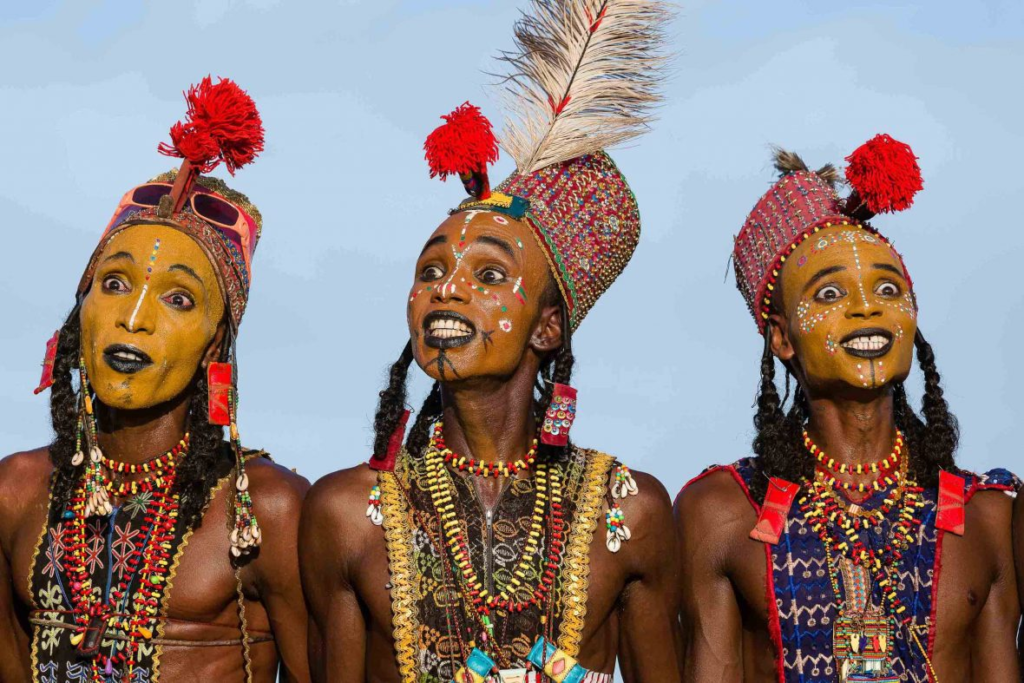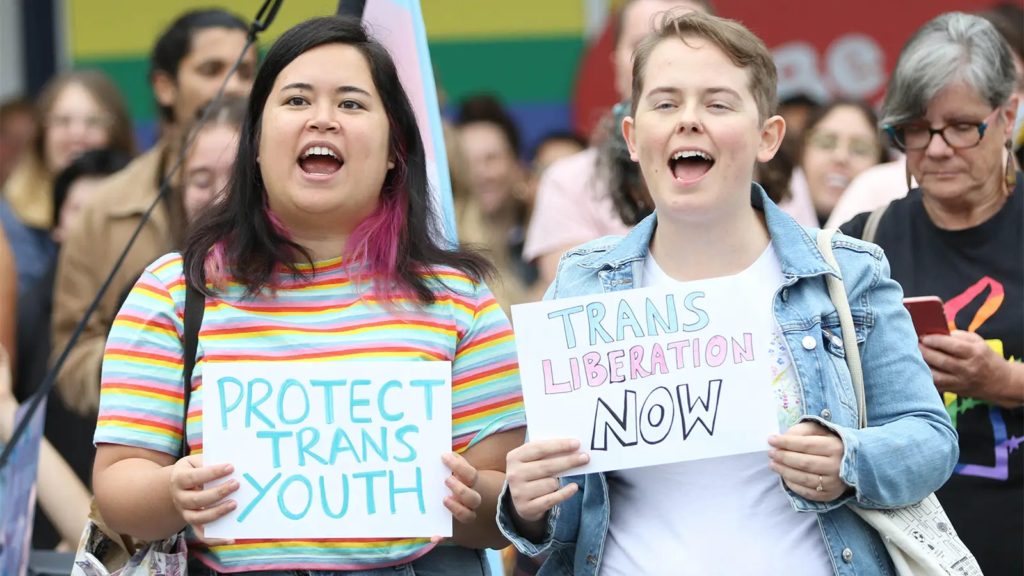
Femininity is defined as qualities or attributes regarded as characteristics of women or girls, whereas masculinity is defined as qualities or attributes regarded as characteristics of men or boys. These two themes are considered ‘binary opposites’ – a system by which, in language and thought, two theoretical opposites are strictly defined and set off against one another. Using binary opposites can often be very helpful in coming up with ideas for a photography project.

Traditionally, femininity has been associated with being nurturing, empathetic, and passive, whereas masculinity is often associated with strength, dominance, and assertiveness. Despite this, these definitions are constantly changing in today’s modern world and are heavily dependent on a variety of factors.

One major factor that can influence this is an individual’s cultural identity. For example, in some cultures, gender roles are very rigid, with specific expectations for how men and women should behave, dress, and interact with others. In cultures like these, there may be a pressure to follow these norms in order to fit in and belong. On the other hand, in other cultures, such as the nomadic Wodaabe tribe in Chad, gender roles may be more fluid and teach people to explore and express different aspects of themselves.

In addition, social identity can also play a significant role in this – such as different minorities, compelling them to follow specific gender stereotypes to be accepted by others. This can be particularly true for transgender individuals in Western societies, who may face additional difficulties in discovering themselves in a society that enforces such firm gender norms.

Geographical identity is yet another key factor in building up someone’s gender identity. In certain parts of the world, gender roles may be more traditionally defined or they might be more open to the individuals’ interpretation and less enforced. Political identity can also be a key factor in this, particularly in societies where political power is associated with gender, such as South-East Asian countries like Saudi Arabia, where politics and religion keep men in power, reinforcing concepts like patriarchy.

Similarly, stereotypes and prejudices also have significant effects on people’s identities. Those who are regularly subjected to negative stereotypes and discrimination could struggle to fully embrace who they are and lose some sense of self – however, those who are able to reject this negativity and form a more positive sense of self are more likely to feel comfortable with their gender identity.
